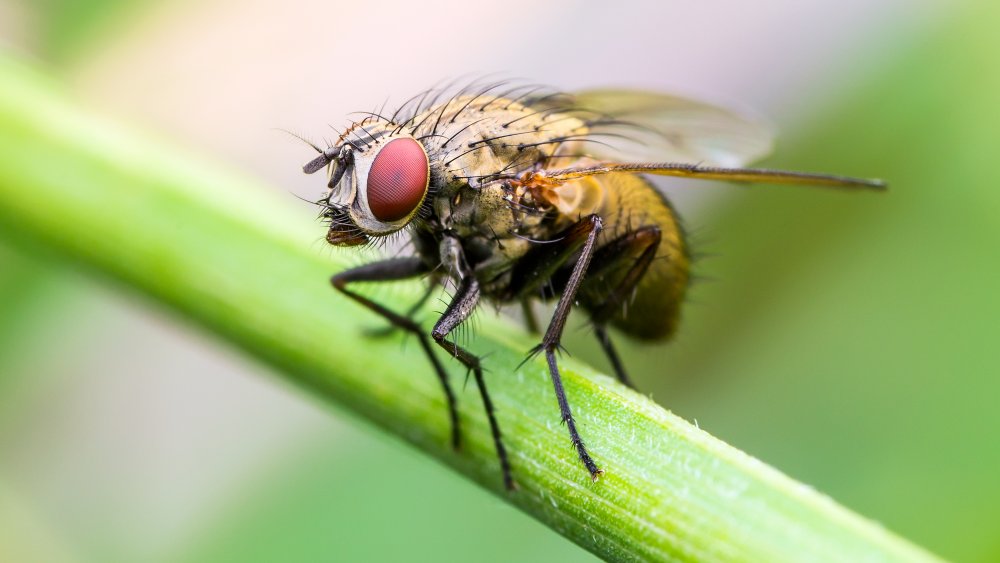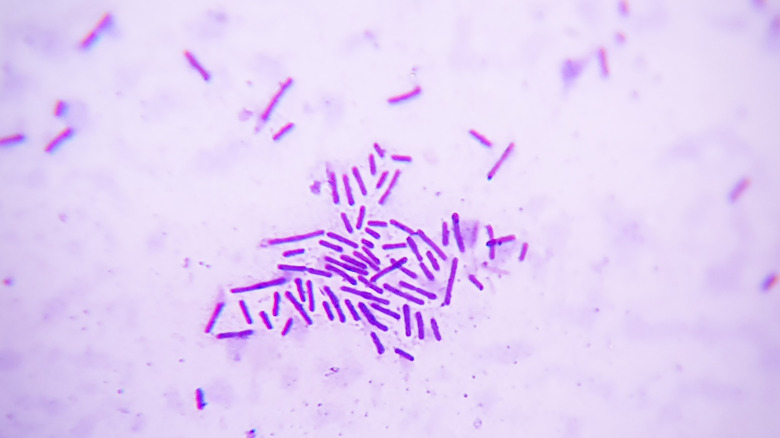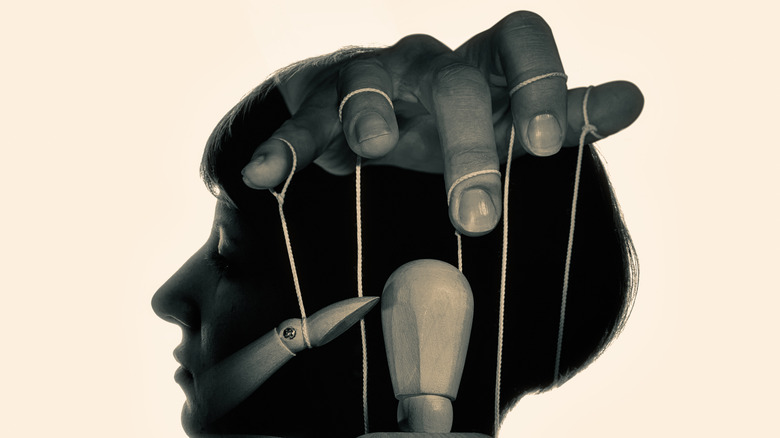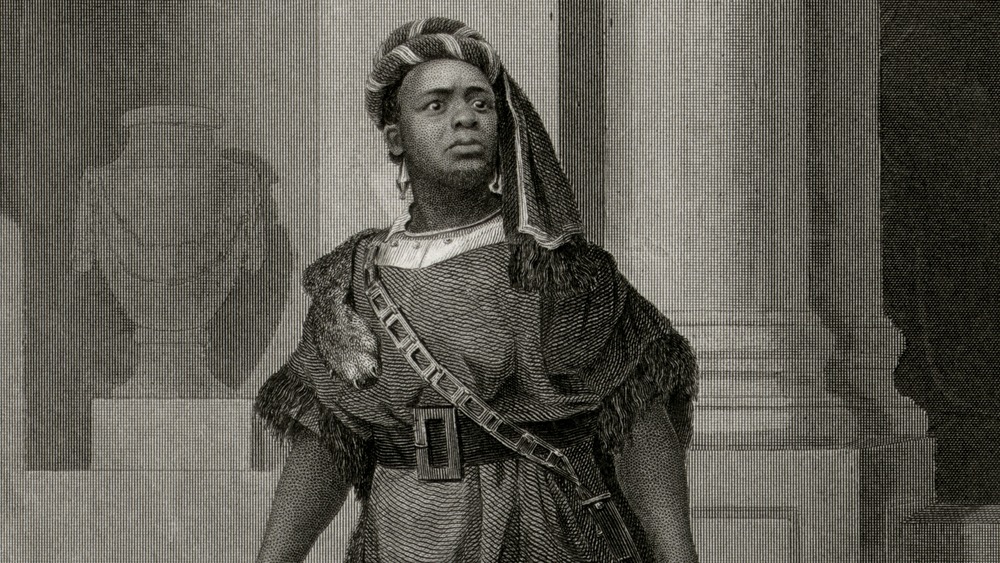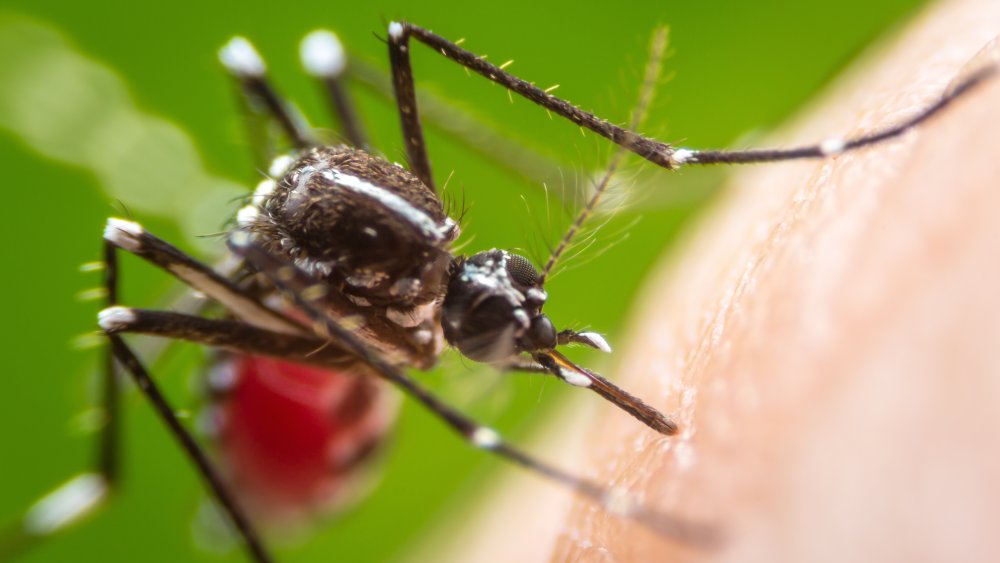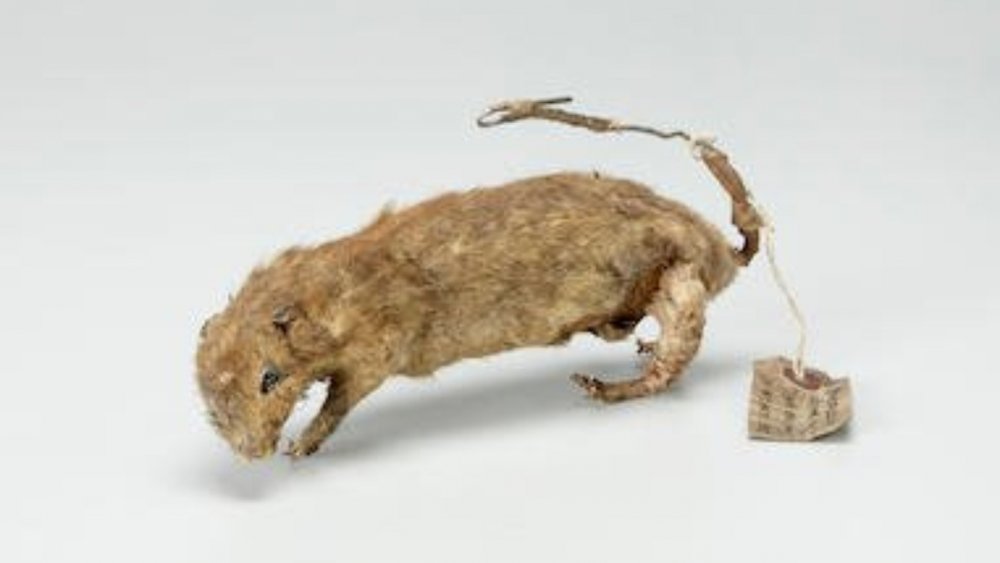
Study Suggests Neither Nature Nor Nurture Is What Makes Us Individuals
Humans don’t do nuance very well, which is why stereotypes and screamo bands exist. It’s also how you get false dichotomies like the “nature vs. nurture” debate which has raged for ages between scientists. In its least nuanced form, the debate is about whether personality and behavioral differences across individuals are biologically hardwired or guided by experience. Are some people just genetically inclined to hate chocolate, or did a chocolate bar burn down their house? Did something in Sigmund Freud’s environment convince him that his mom was his dream wife, or was he an incredible Oedipal egg in the womb?
Simply Psychology observes that the evidence doesn’t jive with an either-or framework. So scientists have reframed the debate in terms of whether nature or nurture is “more important.” However, some experts point to a third option: neither.
Nature vs. nurture vs. neither
Various scientists have tried to settle the nature vs. nurture debate by tinkering with fruit flies. For instance, Science Daily describes a 2007 study in which University of Chicago researchers altered the insects’ sexual orientation by genetically altering and drugging them. While that sounds vaguely illegal, it proved to be a fruitful way to make flies bisexual or homosexual. Similarly, in 2009, scientists at the University of Toronto turned fruit flies into “lusty Lotharios” by manipulating pheromone production. Preventing the creation of certain pheremones “triggered a sexual tsunami” as unaltered male fruit flies tried to get it on with pheromone-free males and pheromone-free female flies of a different species. Admittedly, this all sounds less like hardwiring than rewiring hardness, but it illustrates that a trait like sexual orientation has a strong biological component.
In 2020, researchers and Germany, Belgium, and France have made the claim that “random” noise might decide individual differences in fruit flies. Per Phys.org, previous research demonstrated that random noise can shape the brain structure of humans and other animals in the womb. So the researchers induced fruit flies to walk toward an object, then dissected the insects to analyze their brains. Flies that walked in straight lines had symmetric brain wiring while those meandered had wiring consistent with the effects of random noise. Admittedly, it isn’t clear how random noise doesn’t count as part of one’s environment or how walking in a straight line reflects a fly’s personality or other behavioral tendencies. So perhaps their interpretation is also random noise.
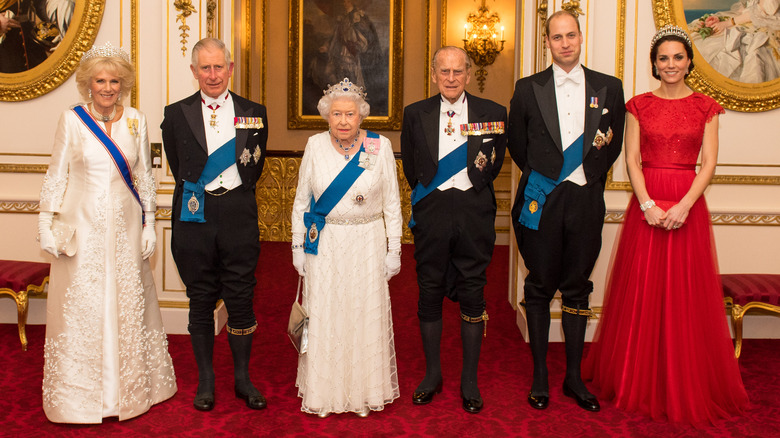
Here's What Would Happen If Britain Got Rid Of Their Monarchy

The Bizarre JFK Assassination Theory That Trump Believes

The Bizarre Fan Theory Claiming Paul McCartney Is Dead

What Is The Jackie Chan Curse?

How Many Victims Did 'Gorilla Man' Earle Nelson Have?

The Crazy History Of Necromancy Explained

Stick-Toting Puffins Show First Evidence Of Tool Use By Seabirds

The Longest A Human Has Ever Run Without Stopping

Wild Boar Finds And Destroys $22,000 Worth Of Cocaine
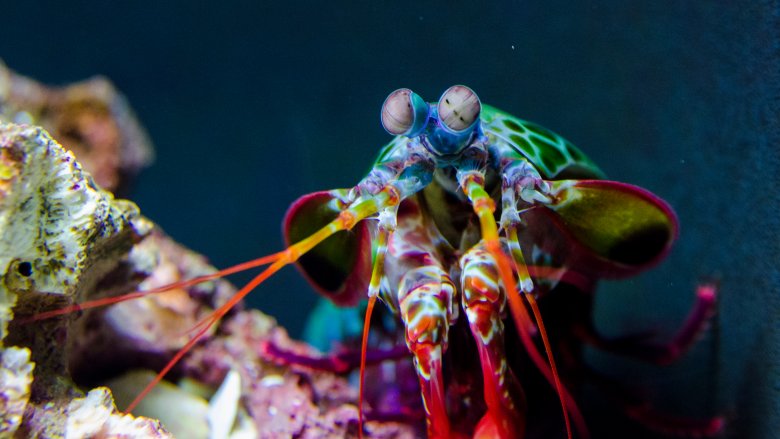
The Truth About The Mantis Shrimp's Punch
